
Courtesy
Venezuela is a country of Christian tradition. The majority of its population is Catholic, but as in the rest of Latin America there has been a significant increase in other Christian denominations.
Protestant churches are becoming more important and this has started to show in politics. The greatest example has been Brazil, with the support of these churches for President Bolsonaro.
In Venezuela, these churches have been appearing in electoral politics, without much success. However, Chavismo has begun to see in these groups an opportunity to attract new sympathizers.
As is well known, relations between the Chavista governments and the Catholic Church have been stormy. The local curia opposes the government and criticizes it in particular for the violation of human rights. The Catholic leadership that once supported Chavismo has now joined its detractors.
In fact, the Venezuelan government of President Nicolás Maduro has faced criticism for its use of religion as a political tool to secure votes and suppress human rights. Despite constitutional guarantees of religious freedom, the government has been accused of funneling money into evangelical churches, while cracking down on NGOs and activists.
Critics argue that the government is exploiting the evangelical community, which is largely made up of poor people, for political gain. The close relationship between religion and the State has also led to the appointment of fundamentalist religious leaders to high government positions, where they have worked against the rights of the LGBTIQ+ community.
Questions have been raised about the government’s approach to religion, such as how a socialist party can have a department dedicated to religious affairs. While the government has defended its actions as a way to promote unity and peace, others argue that it is a clear violation of the separation of church and state.
But as material aid to these churches has expanded, many organizations (NGOs) working to promote human rights and equality have faced intense scrutiny and have even been shut down by the government. This has limited the ability of these other groups to operate and defend the rights of marginalized communities.
The actions of the Madurista government have been criticized both nationally and internationally. In particular, the use of a policy to promote Protestant religious sectors for electoral political purposes.
The use of religion as a political tool by the government has had negative consequences for human rights and democracy in Venezuela. It is essential that the government take steps to ensure that all citizens are treated fairly and that the rights of minority groups are protected, regardless of their religious beliefs or other differences such as race, culture, etc. The international community must continue to press the government to promote secularism and respect for human rights, and to hold it accountable for its actions.
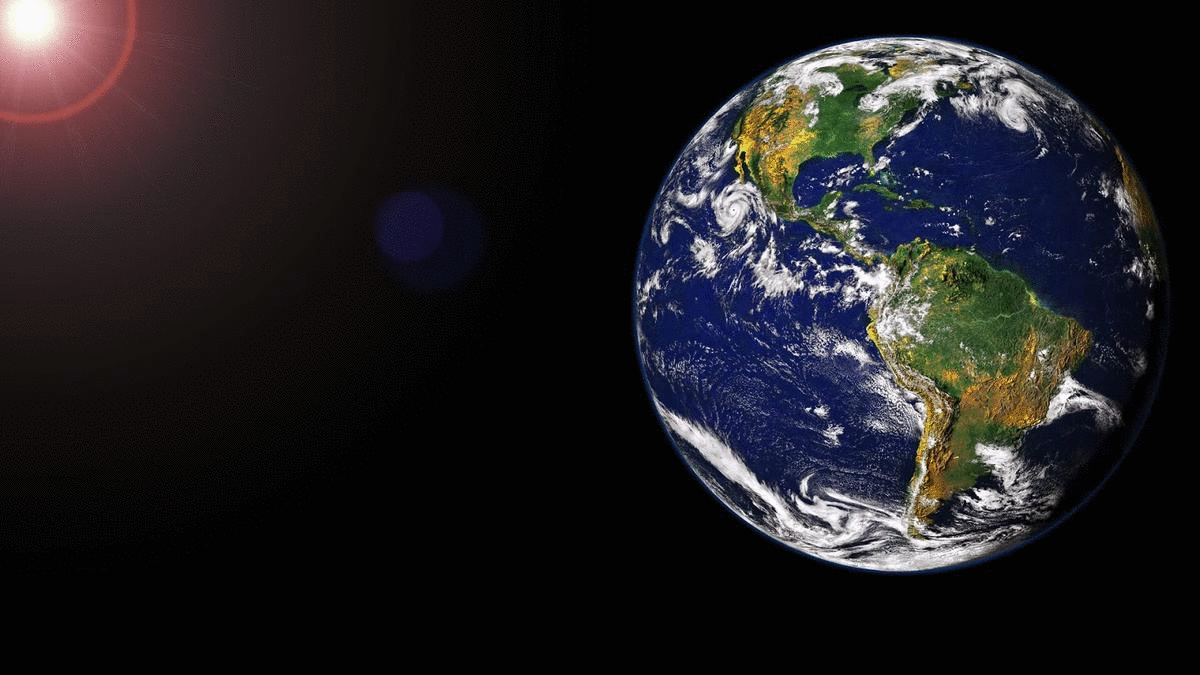
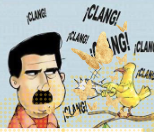
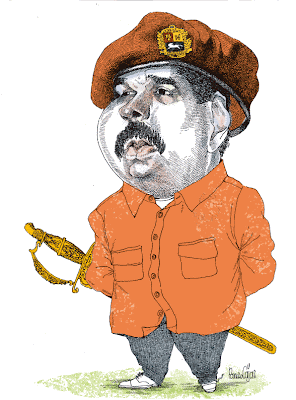
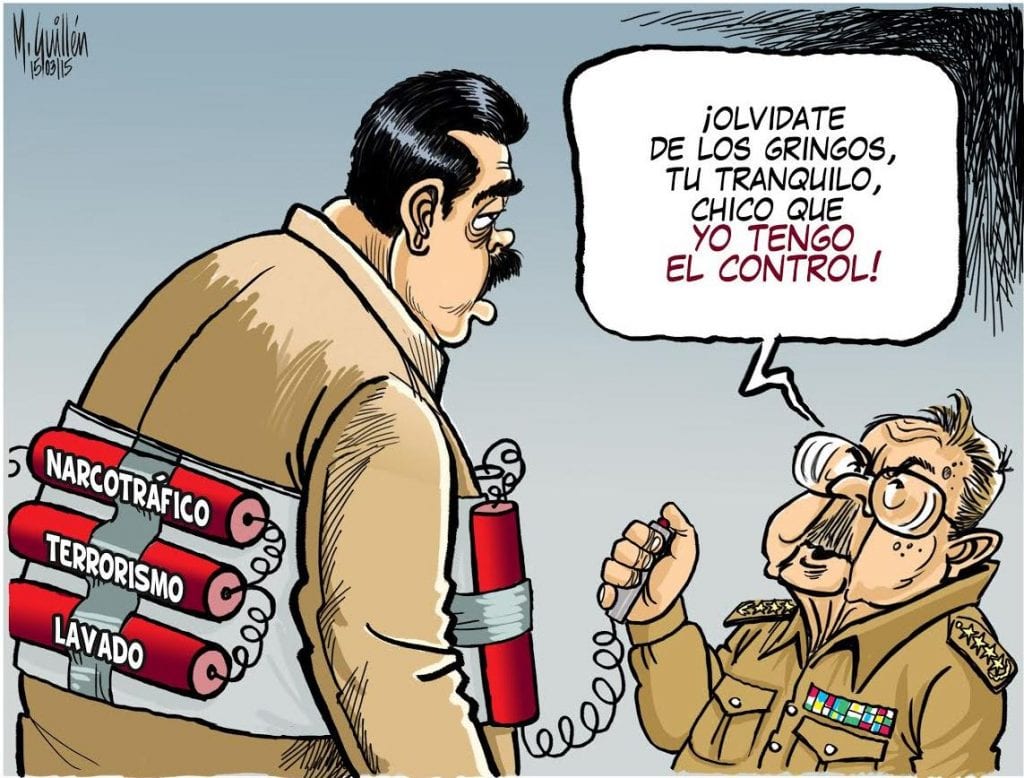
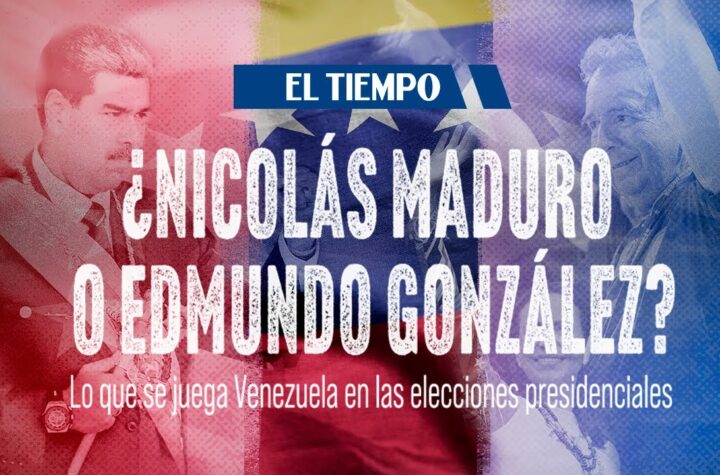
More Stories
Venezuela, elecciones entre pajaritos y mariposas
Maduro seeks to bolster military support ahead of next election
¿Qué hará Cuba el 28 de julio?